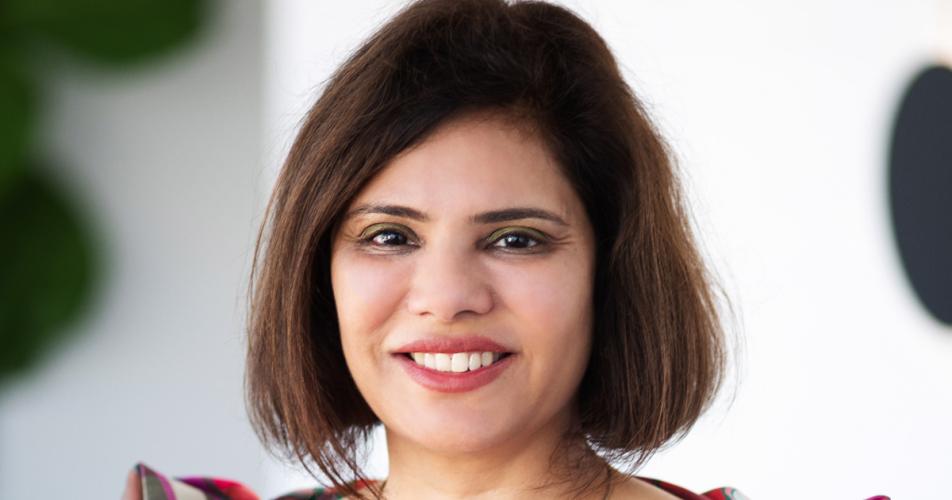Meet a Member - A/Prof Alka Kothari
As a gynaecologist and obstetrician, Associate Professor Alka Kothari has delivered her share of babies and helped thousands of women. But she also takes a particular interest in the surrogate users of maternity services - the ‘Forgotten Fathers’.

As a gynaecologist and obstetrician, Associate Professor Alka Kothari has delivered her share of babies and helped thousands of women. But she also takes a particular interest in the surrogate users of maternity services - the ‘Forgotten Fathers’.
As part of her PhD, she has researched the birth experiences of fathers, especially after a traumatic pregnancy and childbirth.
“I am a passionate advocate for fathers, and I strongly believe that by supporting men better, we improve outcomes for the entire family unit and future generations,” A/Prof Kothari said.
“My research has found that integrating men’s health as part of preconception care is critical. Fathers play a crucial role in fetal development, pregnancy complications and maternal and neonatal wellbeing, or when women have complex health needs in difficult decision-making.
“My research found that 99 per cent of fathers intend to attend the birth. However, there is no provision for routine screening for mental health conditions and pre-existing vulnerabilities.
“Consequently, these fathers may be inadvertently exposed to traumatic circumstances during pregnancy and childbirth, contributing to significant mental health consequences, including depressive symptoms and traumatic stress.
“Unpredictable events, including life-threatening postpartum haemorrhage or unexpected resuscitation of the newborn, are common occurrences. The fathers' reactions and coping strategies in these circumstances are varied and influenced by their background history, pre-existing vulnerabilities, and the gap between expectation and reality. My research suggests that traumatic events, such as life-threatening maternal complications, fetal death or stillbirth, have substantial mental and physical impacts on fathers. However, fathers are much less likely to receive targeted support.
“Ten per cent of men experience perinatal depression related to their partner's pregnancy, many after the baby is born.
“Fathers' mental health is critical as it affects the future of the entire family unit. Mentally unwell fathers are unable to support the vulnerable mother and newborn. Children of fathers with mental health conditions also have a significantly increased risk of behavioural problems, psychiatric problems, and adolescent suicide.”
A/Prof Professor Kothari is one of four Metro North Clinician Research Fellows for 2023. She is a Senior Staff Specialist in Obstetrics and Gynaecology at Redcliffe Hospital and is a Conjoint Associate Professor in the Faculty of Medicine at UQ.
She is also a Greater Brisbane Area Representative on the AMA Queensland Council.